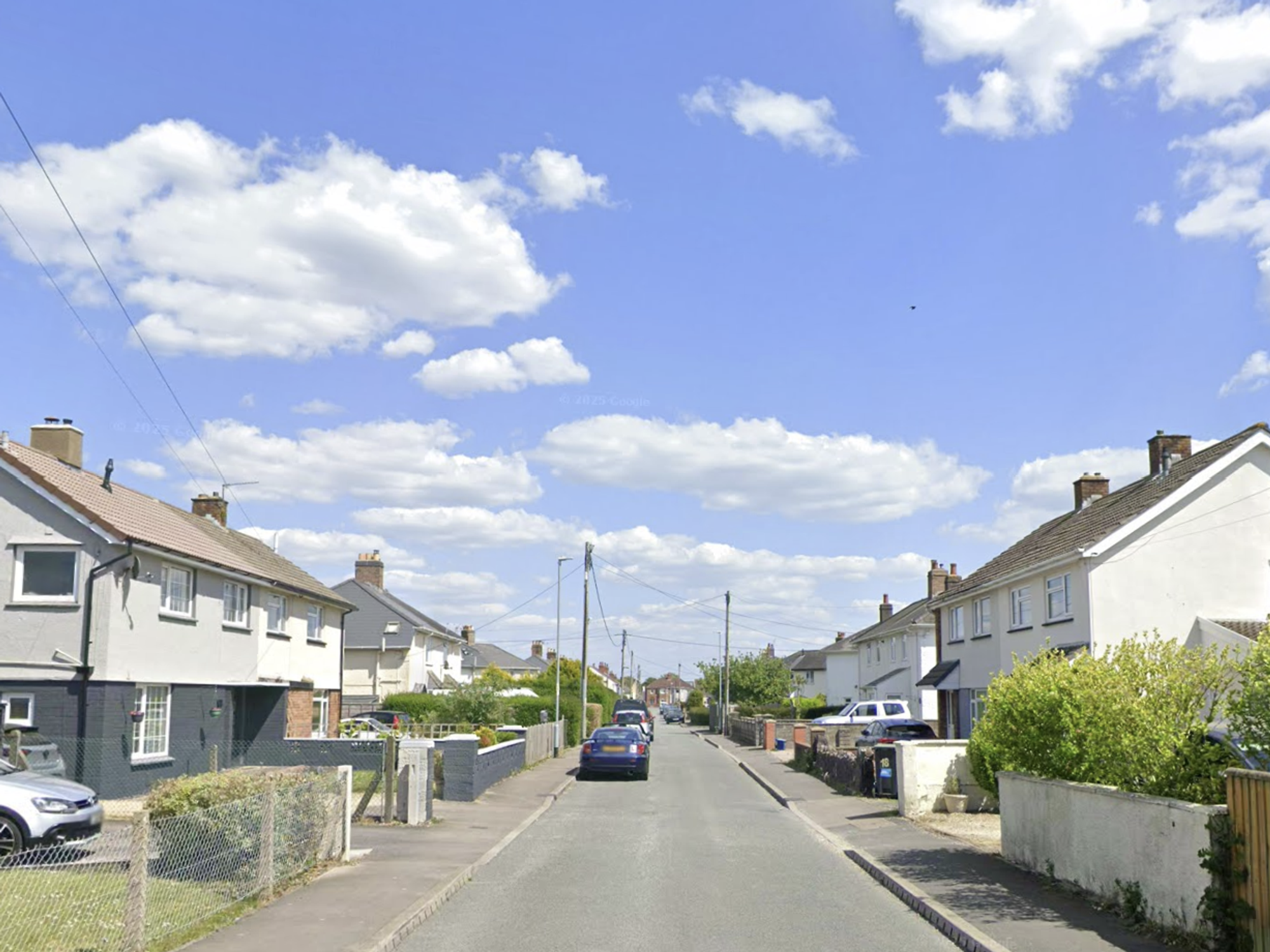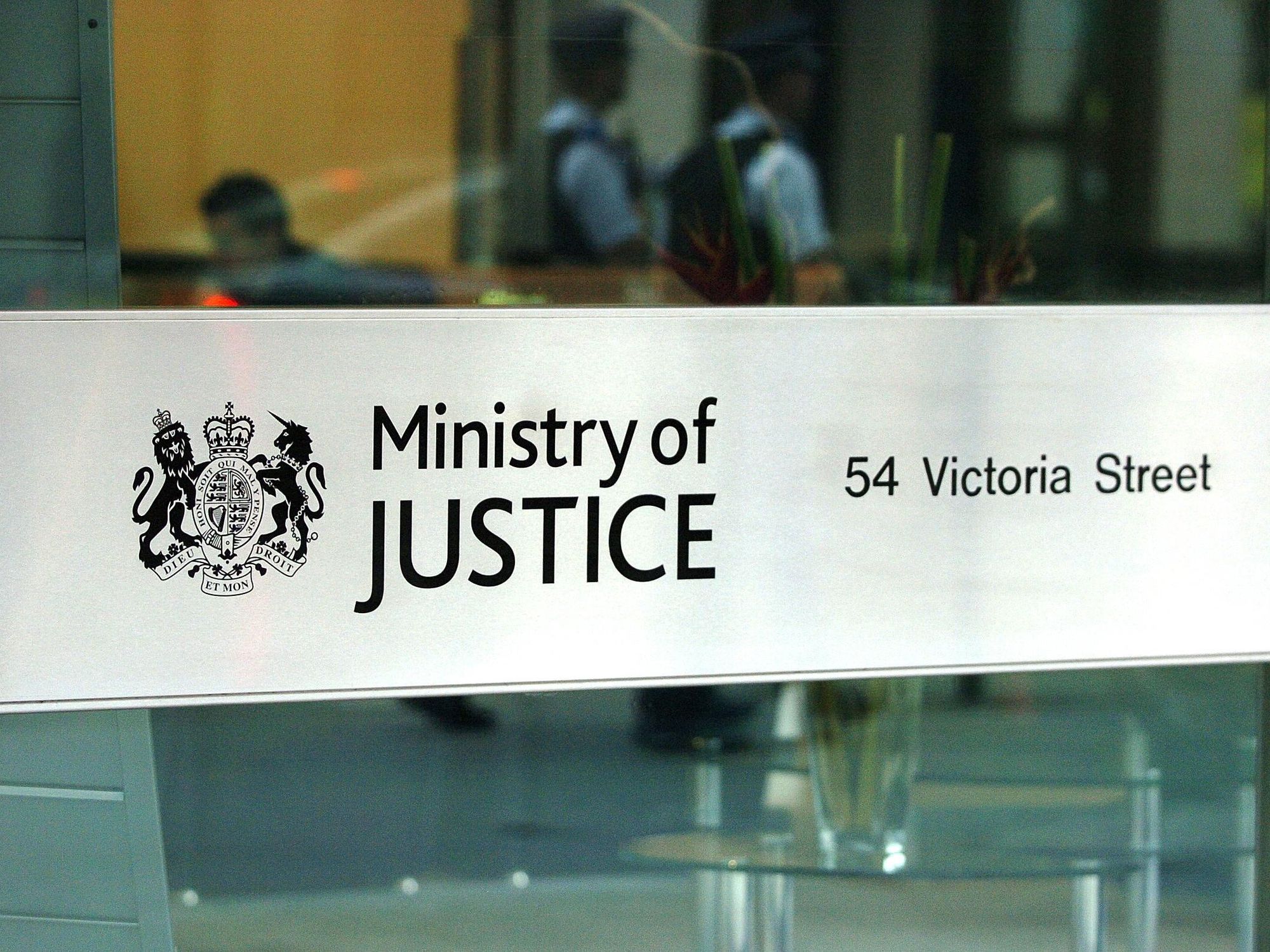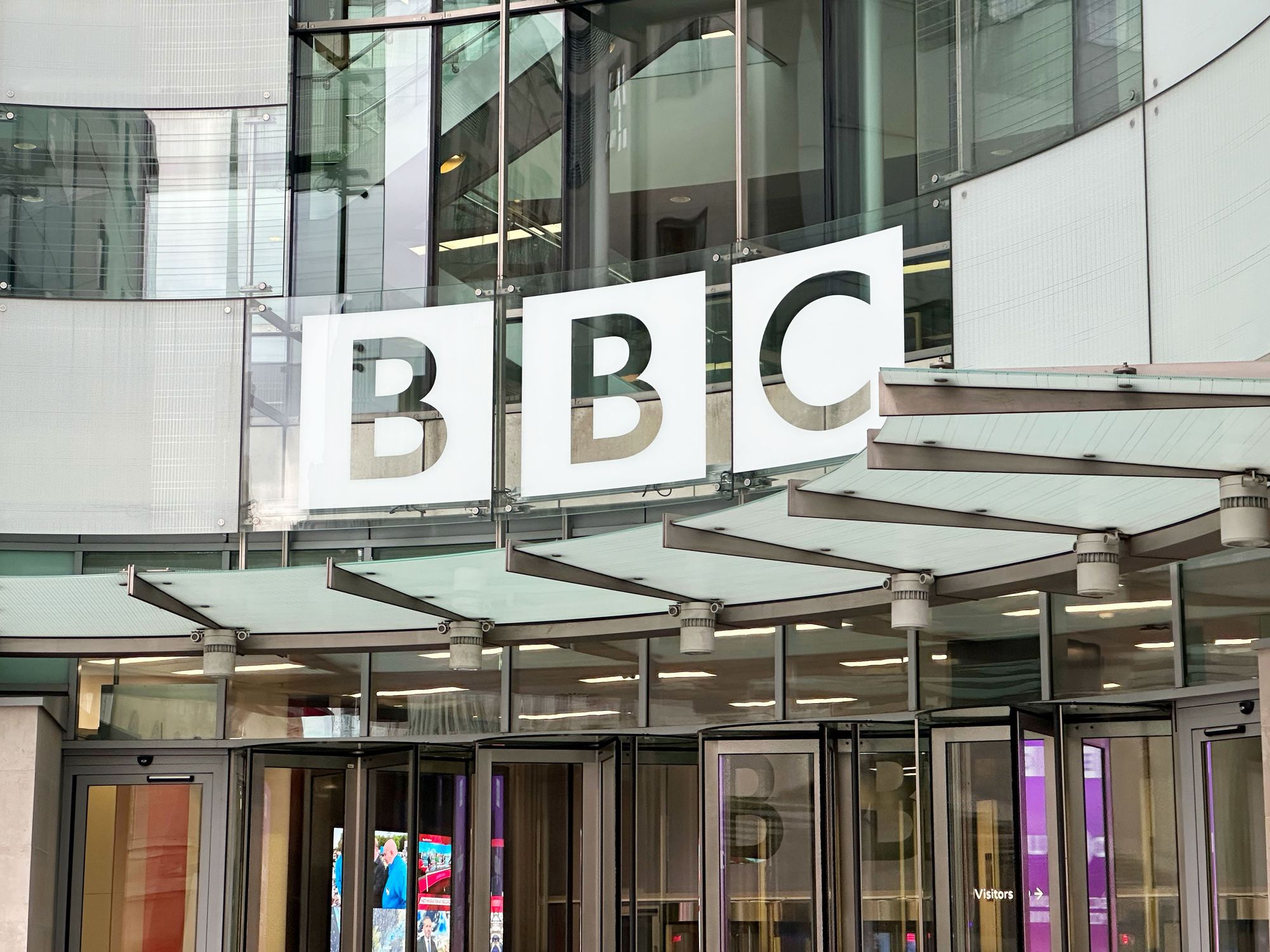State pension payments to rise to £12,150 a year in 2025 but triple lock ‘might not be sustainable’

State pensions are guaranteed to increase every year thanks to the triple lock but for how much longer remains to be seen
Don't Miss
Most Read
The state pension could exceed £12,150 a year in 2025 in a boon for older Britons but experts are warning this type of increase “might not be sustainable” long-term.
Analysis from Aegon’s pensions director Steve Cameron forecasts the retirement payment may be raised by 5.7 per cent, based on the likely earnings growth predicted for next year.
Under the triple lock, state pensions rise by either the rate of inflation, average earnings or 2.5 per cent; whichever is higher.
If a 5.7 per cent increase was implemented the full new pension would be raised to £935.20 a month or £12,157.60 over the 2025/26 financial year.
Similarly, the full basic state pension would come to £713.60 every four-week period or £9,276.80 annually.
However, the long-term sustainability of this funding metric is being called into question by retirement experts.
Do you have a money story you’d like to share? Get in touch by emailing money@gbnews.uk.
 Both political parties have promised to keep the triple lock in place if they win power | PA
Both political parties have promised to keep the triple lock in place if they win power | PAThis comes amid concern that Britons could be liable to pay tax on the new state pension alone within a couple of years.
If the triple lock stays in place, the retirement benefit is likely to surpass the personal savings allowance of £12,570, which is the amount people can earn without paying tax.
Last year, Chancellor Jeremy Hunt confirmed that tax allowances would be frozen until 2028 which increases the risk of taxpayers falling victim to fiscal drag.
This occurs when incomes rise while tax thresholds remain the same over a period of time, causing people to pay more money to HM Revenue and Customs (HMRC).
Recently, the Conservative Party have floated introducing a “triple lock plus” pledge which would raise the tax-free allowance for pensions.
Labour have ruled out introducing a similar policy if they win power but both parties have affirmed their commitment to the triple lock.
Gary Smith, a partner in Financial Planning at Evelyn Partners, described the triple lock as an electoral “can that keeps getting kicked down the road”.
He also highlighted the potential unfairness of two different “age-related” personal allowances existing.
Smith explained: “This would mean two different personal allowances: one for working-age people that will be frozen until 2028 and another higher one for retirees that would change annually.
“There are issues with this, apart from affordability and the potential to be generationally divisive.
LATEST DEVELOPMENTS:
 Fiscal drag is dragging Britons into higher tax brackets | GETTY
Fiscal drag is dragging Britons into higher tax brackets | GETTY “It’s not clear what sort of personal allowance would apply to those who continued to work after state pension age – and 1.37million people aged 65 and over were still in work last year. It would also add another level of complexity to the UK tax system.
“It’s questionable whether the Conservatives would have tabled this policy if they had a good chance of remaining in power, but it does at least shine a light on how frozen thresholds are raising the tax burden by stealth.
“Promises from both parties not to raise headline tax rates offer little comfort when we all know we’re going to be paying more tax anyway due to fiscal drag.
"One favour today’s workers can do for themselves is to assume the triple lock might not be sustainable for more than a decade, and that they need to save more than they think to make up for that.”










